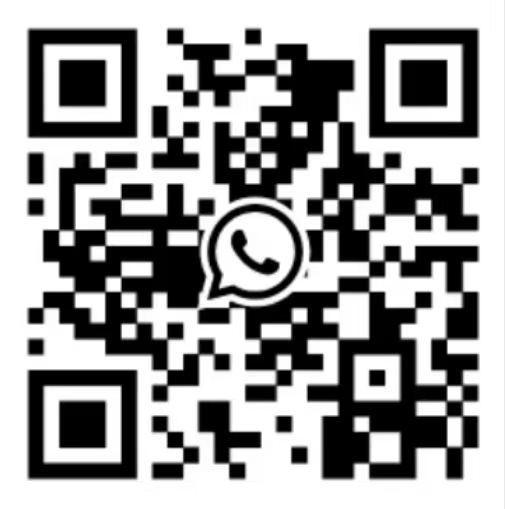RFID technology plays an important role in power inspection, as it can improve efficiency, reduce errors, and simplify data management. The following are some potential applications and advantages of RFID readers in power inspection.

1. Equipment Identification and Management
Each power equipment can be attached with a unique RFID tag, and device information can be easily read and recognized through RFID readers. This helps to track the location, status, and maintenance history of devices, improving the accuracy and efficiency of device management.
2. Automation of Inspection Process
Inspectors can carry handheld RFID readers and record the inspection process and results by scanning the RFID tags of the equipment. This automated process can reduce manual recording errors and be faster and more reliable.
3. Real Time Data Collection
RFID technology allows for real-time data collection, enabling power companies to more timely understand the status, operation, and any abnormal conditions of equipment. This helps to quickly respond to issues, reduce potential failures and power outage times.
4. Security Enhancement
RFID tags can help restrict access to specific areas. Only authorized personnel holding RFID cards that can read specific tags can enter sensitive areas, improving the security of power facilities.
5. Data Recording and Analysis
The RFID reader can record the time, location, and result of each inspection. These data can be used to generate historical records for future analysis, optimization, and decision-making.
6. Mobile Office
Inspectors can update databases without returning to the office by carrying portable RFID readers. This improves the real-time operation and reduces the workload of inspection personnel.
7. Reduce Human Errors
The automated RFID inspection system reduces the risk of human recording and input errors, and improves the accuracy of data.

